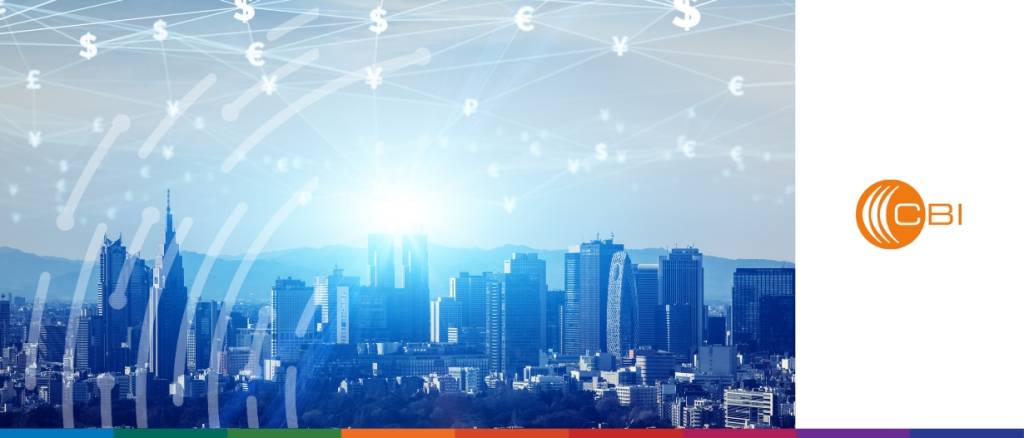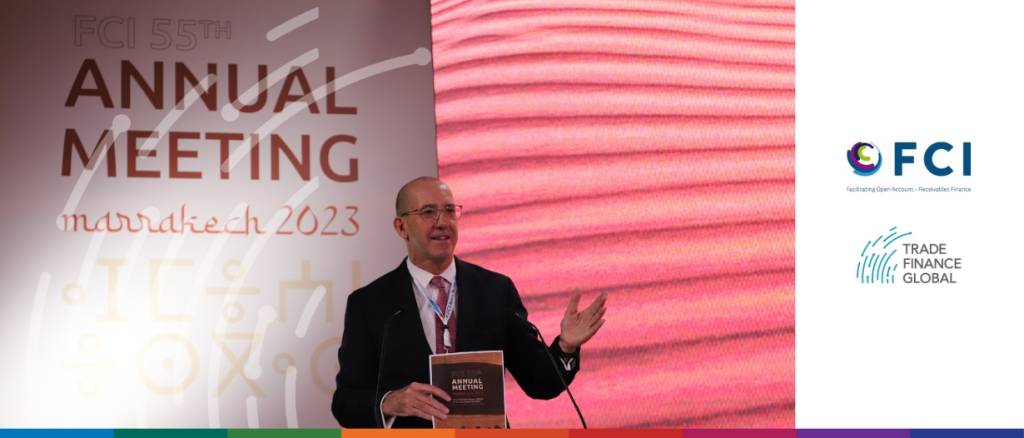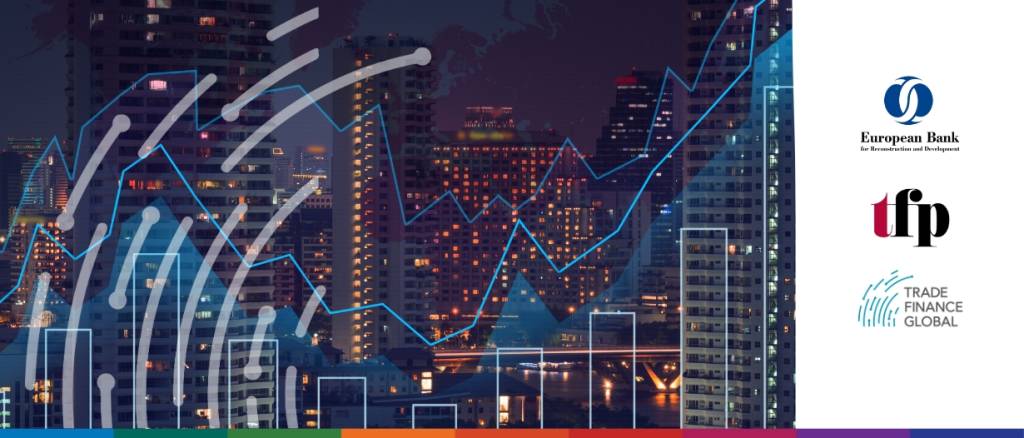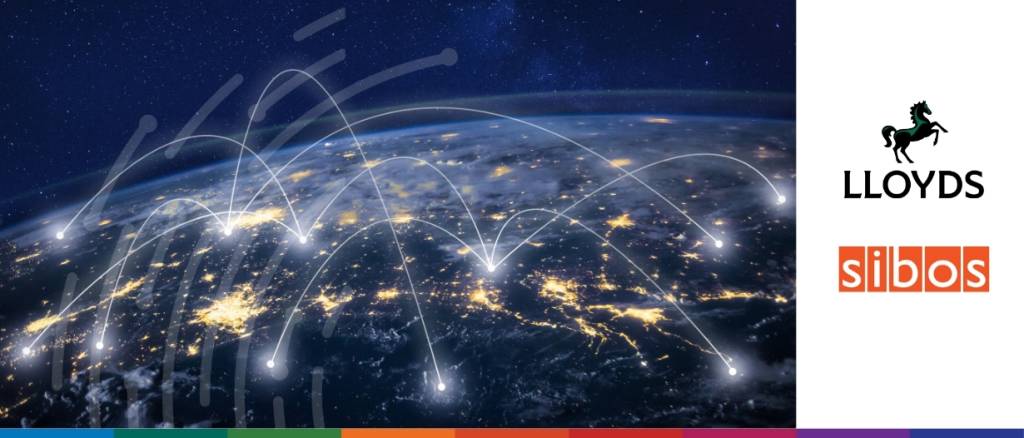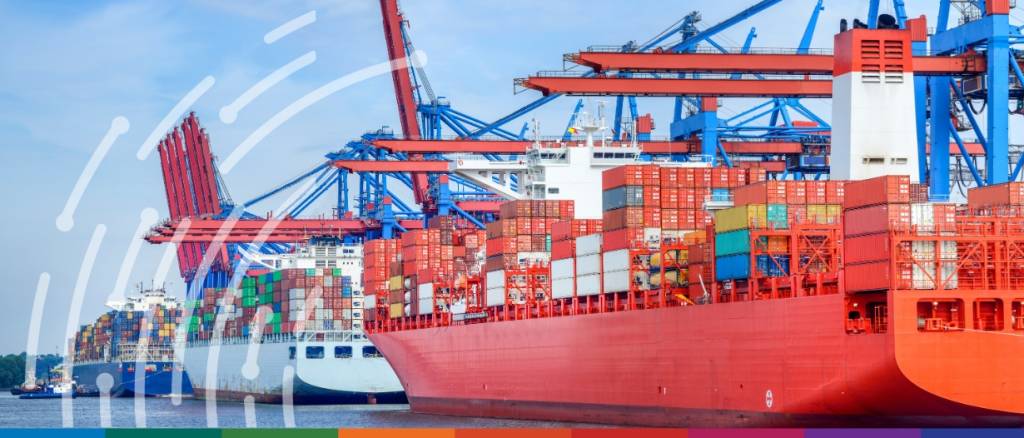Thanks to the expansion of the financial dataset available, which is no longer only related to payments, we are witnessing the evolution of open banking towards open finance, a model in which authorised third-party providers have access to information provided by banks, subject to prior customers’ consent.
FCI, the global representative body for the factoring and receivables finance industry, has achieved a significant milestone by securing three major agreements during its annual meeting in Marrakesh.
Digital trade finance platform Contour has announced its closure, citing insufficient funding from its bank shareholders. Operations will cease on November 30, leaving users a brief window to complete transactions and download essential data.
At the ITFA annual conference in Abu Dhabi, Trade Finance Global (TFG) spoke with Mosa Tshabalala, Head of FI Trade Sales (International), Risk Distribution and Syndications at Absa Group, to explore the role of trade finance risk distribution in the African context.
In this episode of Trade Finance Talks, TFG’s Deepesh Patel was joined by Karin Oszuszky, Senior Investment Manager for Business Development at the OPEC Fund for International Development, during the European Bank for Reconstruction and Development’s (EBRD) Trade Facilitation Annual Conference in Vienna to discuss the OPEC Fund’s work in light of the latest trends and developments in trade finance and facilitation.
Vinay Mendonca, Chief Growth Officer, Global Trade and Receivables Finance at HSBC, sat down with Deepesh Patel at Sibos Toronto to discuss these shifts and how they are influencing trade finance.
How could a common platform fluidify and modernise credit insurance operations and provide greater value to the industry?
At Sibos Toronto, TFG’s Deepesh Patel spoke with Rogier van Lammeren, Managing Director, Head of Trade & Working Capital Products at Lloyds Bank, and Patrik Zekkar, CEO of Enigio.
Currently responsible for 3% of global greenhouse gas emissions, maritime transport must decarbonise whilst facing extensive costs and adverse economic operating environments, as well as increasing geopolitical risks.
As our world becomes increasingly digital, the digital divide has widespread implications, and the least developed countries (LDCs) are most likely to be negatively affected.















